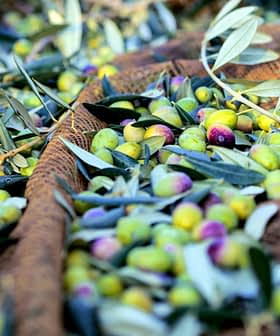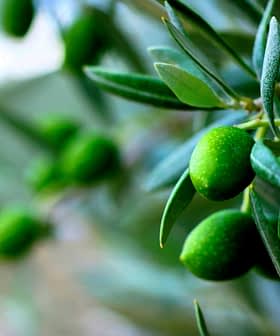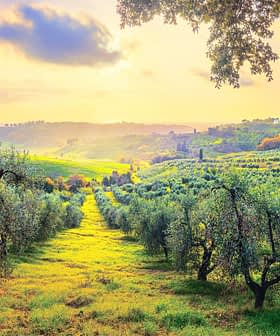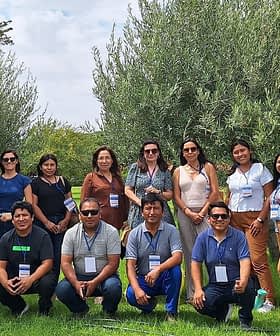Uzbekistan Joins Olive Council
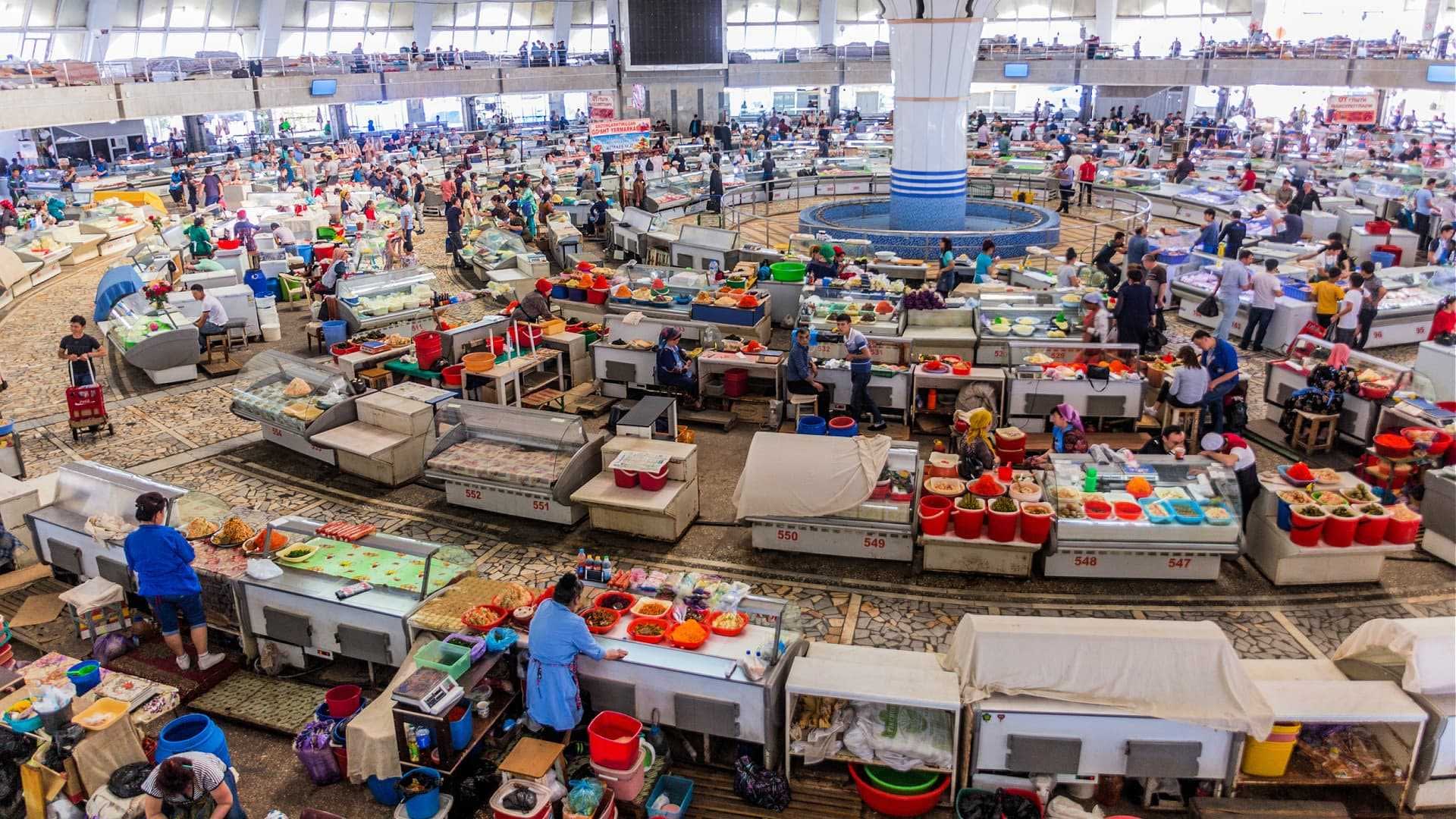
Uzbekistan officially became the 18th member of the International Olive Council on August 31, 2021, after previously joining as an observer in June 2020. The country plans to develop its olive industry by establishing groves in different regions using frost-resistant varieties to tap into the lucrative global olive oil market.
On August 31, 2021, Uzbekistan became the 18th member of the International Olive Council (IOC).
“With the ratification of the agreement by Uzbekistan, the country becomes a full member of the International Olive Oil Council sharing the objectives, mission and obligations of this important intergovernmental body, the largest forum on olive growing in the world,” said Abdellatif Ghedira, the executive director of the IOC.
The accession of our country to an international agreement will open up a number of opportunities for the further development of the industry in our country.
In June 2020, heads of a delegation meeting via videoconference unanimously approved Uzbekistan’s application to join the IOC as an observer. A month later, the Uzbek delegation participated (in observer status) in the 111th session of the IOC via video link.
See Also:Mauritania Seeks to Join Olive CouncilDuring the session, Jamshid Khodjaev, the Uzbek Minister of Agriculture said the country had a lot of potential for the development of the olive industry.
According to data from Juan Vilar Strategic Consultants, Uzbekistan produces about 60 tons of olive oil each year and 30 tons of table olives.
Olives are grown in the two southernmost regions of the country, which border Afghanistan, Iran and Tajikistan. Juan Vilar Strategic Consultants estimate that there are 210 hectares of olive groves in the country, most of which are traditionally harvested.
One of the main challenges facing Uzbek olive growers is the country’s low winter temperatures, which reach a daily average of 4 ºC to 7 ºC from December to February.
Officials from the country said they have developed their own variety of olive known as Uzbek Olive, which is adapted to the local climate. The decision to breed Uzkbek Olives came after several failed attempts at cultivating conventional olive trees in the mid-2000s due to severe freezing events.
“The accession of our country to an international agreement will open up a number of opportunities for the further development of the industry in our country,” said Uzbek President Shavkat Mirziyoyev, following the ratification of the agreement.
Uzbekistan plans to establish olive groves on 30 hectares in the Kashkadarya region, farther north than most of the country’s groves, and 500 hectares in the Surkhandarya region. They plan to plant 465,000 seedlings of localized, frost-resistant varieties, including Arbosana, Arbequina and Manzanilla from Spain, and Gemlik from Turkey.
By establishing olive groves, Uzbekistan is seeking to tap into the lucrative $15 billion industry. The country also plans to increase other types of vegetable oil production for domestic consumption.
Currently, the country produces 55 percent of the oil consumed domestically from soybeans, cotton seeds, sunflower and imports 45 percent to meet the demand.
As of June 2021, the United States Department of State recommends that no U.S. citizens travel to Uzbekistan due to the Covid-19 pandemic. The United Kingdom Foreign Office said most visits to Uzbekistan before the pandemic were incident-free but urged citizens to be careful, especially when traveling through rural areas.


